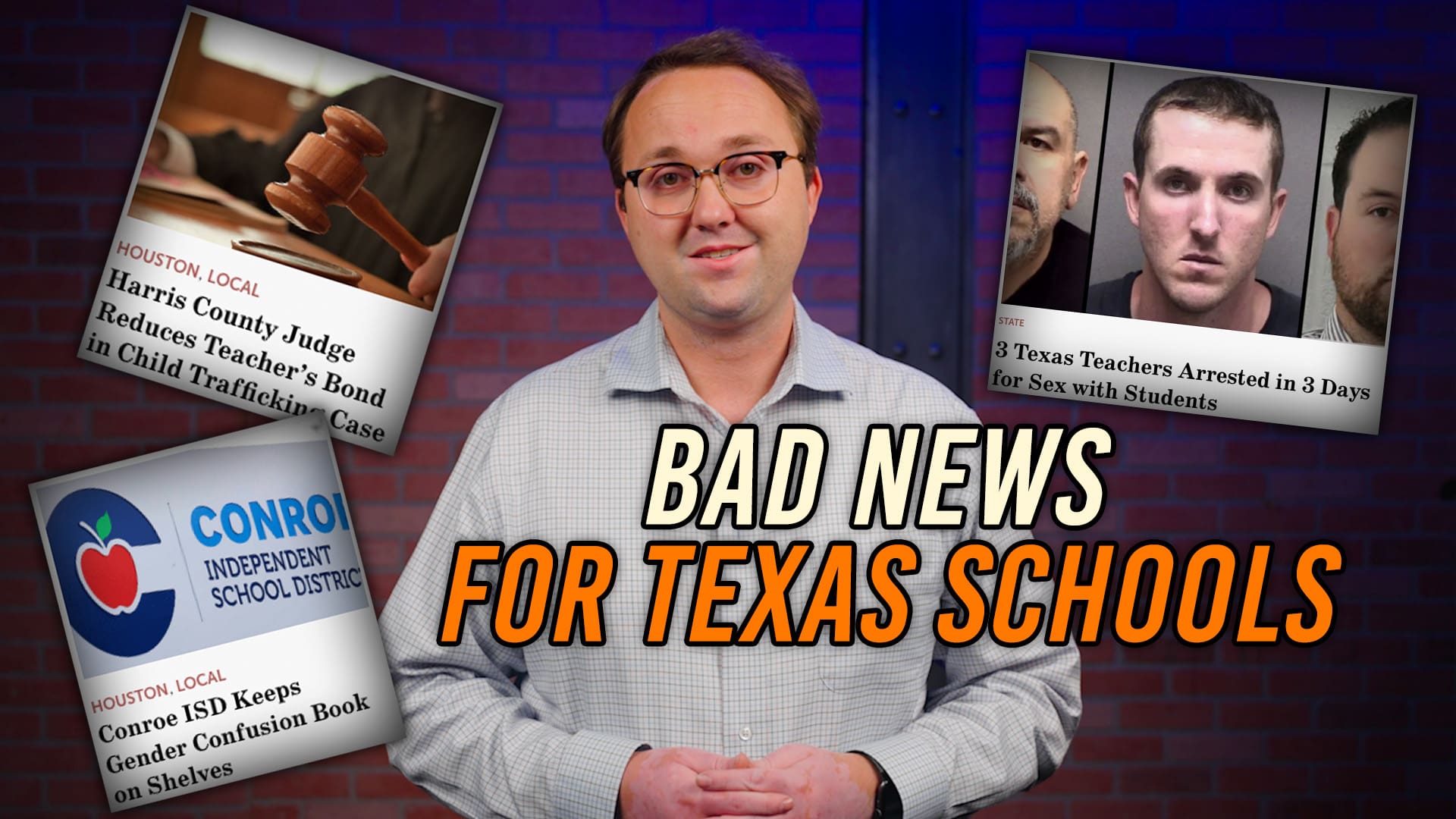Last week, Houston Mayor Annise Parker presented her second ballot item to city council for the upcoming November election. While the discussion of changing term limits for the city’s politicians has been floating around for a few months now, this is the first time a detailed proposal has come to fruition.
Unsurprisingly, the term limit vote passed 12 to 5, but with an amendment disadvantageous to the intent of the reform.
The original agenda item was intended to change term limits from three, two-year terms to two, four-year terms beginning in the year 2020. Unsurprisingly, an amendment to implement the change in 2016 was offered by Council Member Jerry Davis and passed, allowing some current sitting Council Members to benefit.
Mayoral Candidate Stephen Costello voted against the change even though it would mean, if elected, he would serve a four-year mayoral term instead of the current two-year term. Council Members C.O. Bradford and Michael Kubosh, who have actively opposed the Mayor’s repeated attempts at expanding her office’s executive powers, also voted against the proposal, which is set to begin in 2016.
This change should make voters very concerned. Elections are when voters get to hold their officials accountable for their actions, or lack thereof. By increasing their terms so dramatically, they are effectively eviscerating the level to which they can be held accountable to taxpayers.
The next few years will be formative to Houston’s future.
The city is expecting a nearly $150 million deficit shortfall along with massive pension repayments in the not-so-distant future. Houstonians need the ability to replace anyone who isn’t acting in their best interests. For too long, Houston residents have been subjected to a ruling class that abuses their wallets and rights.
Arguments in favor of the immediate change say that the extended terms aren’t a problem because if voters are dissatisfied with an officeholder, they can recall them.
If only it really were that simple. Recalls are not a suitable replacement for a formal election, as they are subject to the scrutiny of the very body they seek to change. As with any other petition, a petition to recall an officeholder, “shall be instituted by filing with the City Secretary,” and must be no less than twenty-five percent of the total votes cast at the last election. Parker has shown how much power the Mayor’s office enjoys when it comes to citizen-petitions, and after her recent administrative change, any petition running afoul of her or any future mayor’s interests is doomed from the start.
A recall petition is less likely to replace a sitting incumbent than a traditional election.
Parker has demonstrated just how damaging a term-limited mayor can be. In her last term we have seen an unconstitutional, punitive assault on religious freedoms, a relentless and costly “equal rights” ordinance battle, failure to even address the debt and deficit problem, an attack on the citizen-imposed property tax limit (although a repeal attempt was narrowly avoided), and blatant disregard for any form of budgetary restraint.
Though many say that initiating the term limit change in 2016 is a poison pill that could doom the proposition, voters still need to understand the impact of what such a change would mean. The fundamental problem with Houston’s governing structure is the strong-mayor system that gives too much power to one politician. Davis’ amendment would further amplify these problems, empowering Houston’s next mayor in a maneuver contrary to the wishes of those who seek a City Council that represents its own constituents.




